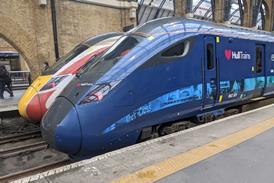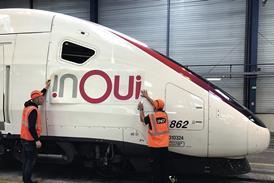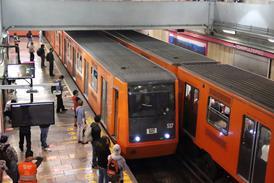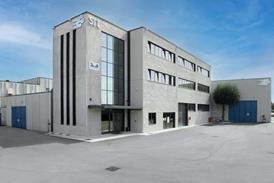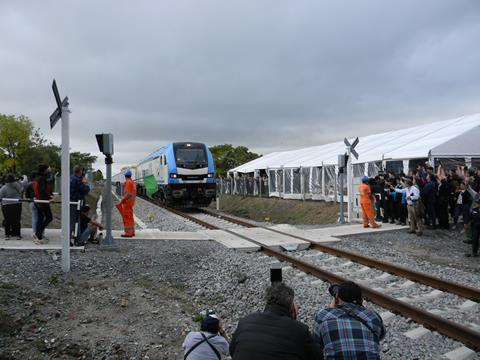
URUGUAY: The modernised Ferrocarril Central railway linking Montevideo with Paso de los Toros was formally inaugurated with a ceremony on April 16.
The ribbon cutting at Cardal station, 76 km north of the capital, was attended by Uruguayan President Luis Lacalle, Transport Minister José Luis Falero, local mayor Guillermo López, the President of PPP project promoter Via Central Group Alejandro Ruibal and officials from the future train operator Portren.
Renovated spine
Launched in mid-2019, the Ferrocarril Central programme has covered the rehabilitation, renewal and expansion of the main trunk railway running north-south down the spine of the country. The programme was initially developed to provide a bulk freight transport option to support the development of the UPM pulp production mill being built on the south side of the Rio Negro near Paso de los Toros.
Located 273 km north of Montevideo, the mill is expected to provide a baseload of around 2 million tonnes of freight traffic per annum for the renovated railway. However, improved passenger services linking Montevideo with its hinterland are also being delivered under the scheme.
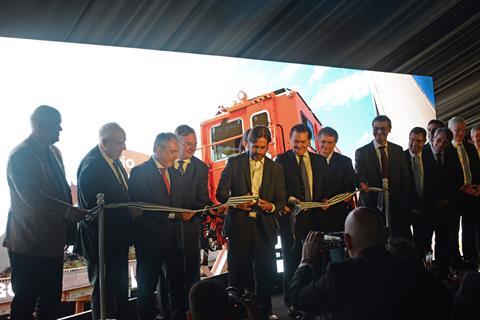
Despite the celebrations, a number of tasks remain outstanding. These include the installation of some level crossing and signalling equipment, and completion of the track linking the passenger station in Montevideo with the UPM pulp terminal in the nearby port.
Welcoming the inauguration, President Lacalle said that ‘Uruguayans have a devotion to the train and I am sure that this devotion in the DNA led to the conflicts over the passage through certain cities and towns being somewhat attenuated because everyone understands that the train is progress.
Rail revival in sight
‘There are already other (renewed) lines planned, in fact some companies have already come to talk about taking the train to Salto’, the president added. ‘Some dream that [the] tracks to the border with Brazil could be used to move cargo.
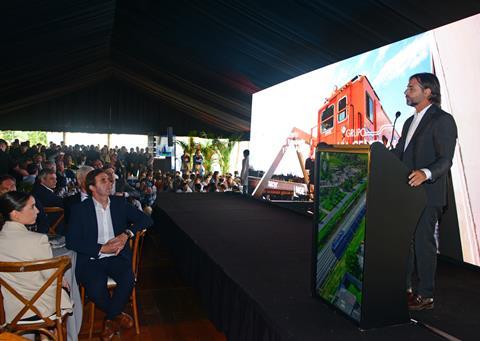
‘Uruguay is once again fulfilling its historic role, which is to be the centre where logistics, transportation, innovation and respect for the law are attractive for the region and the rest of the world.’

